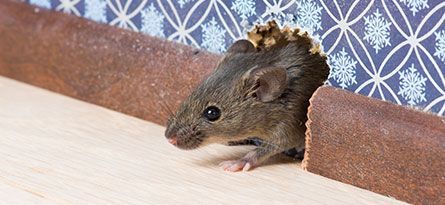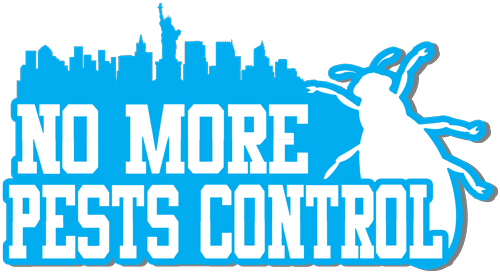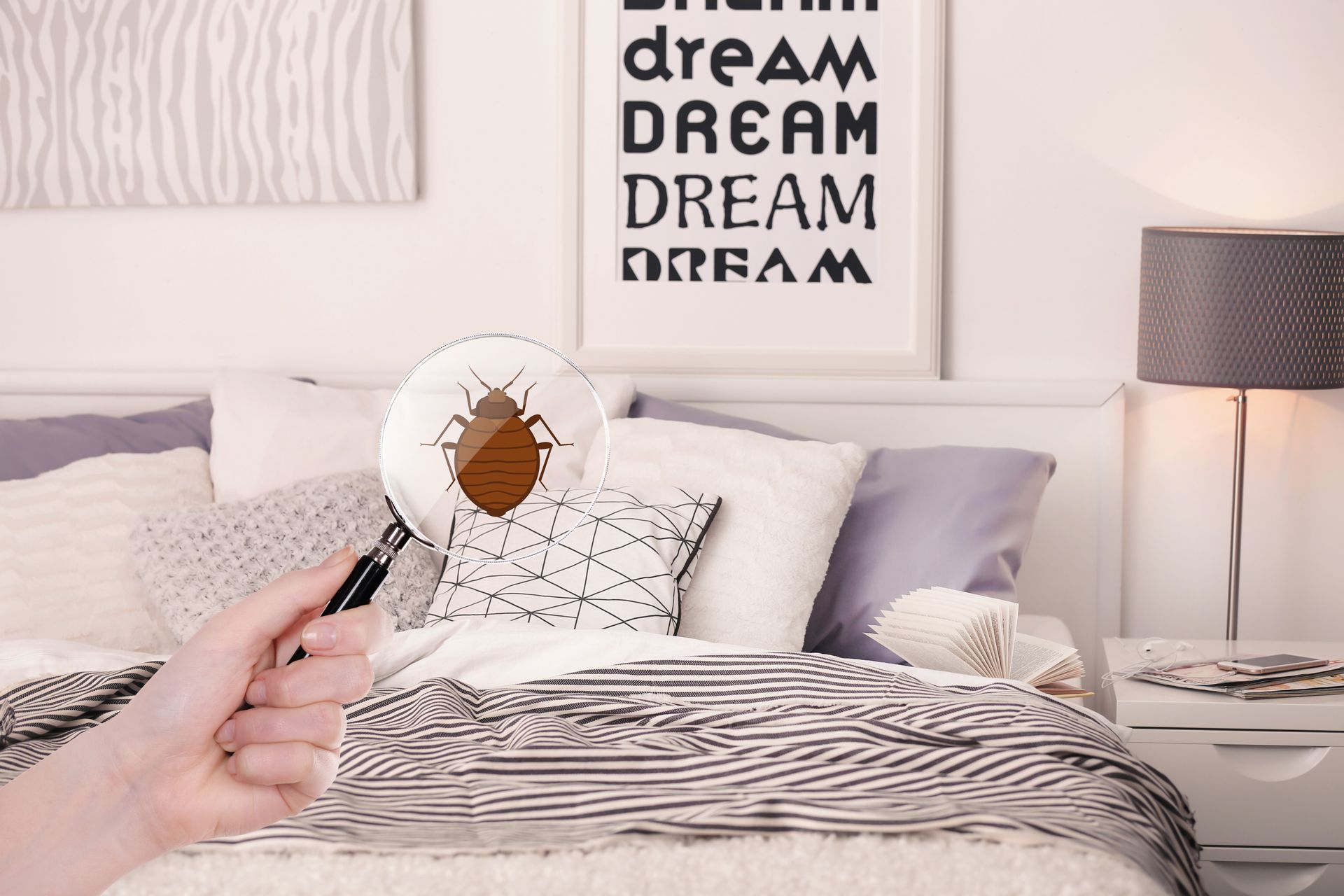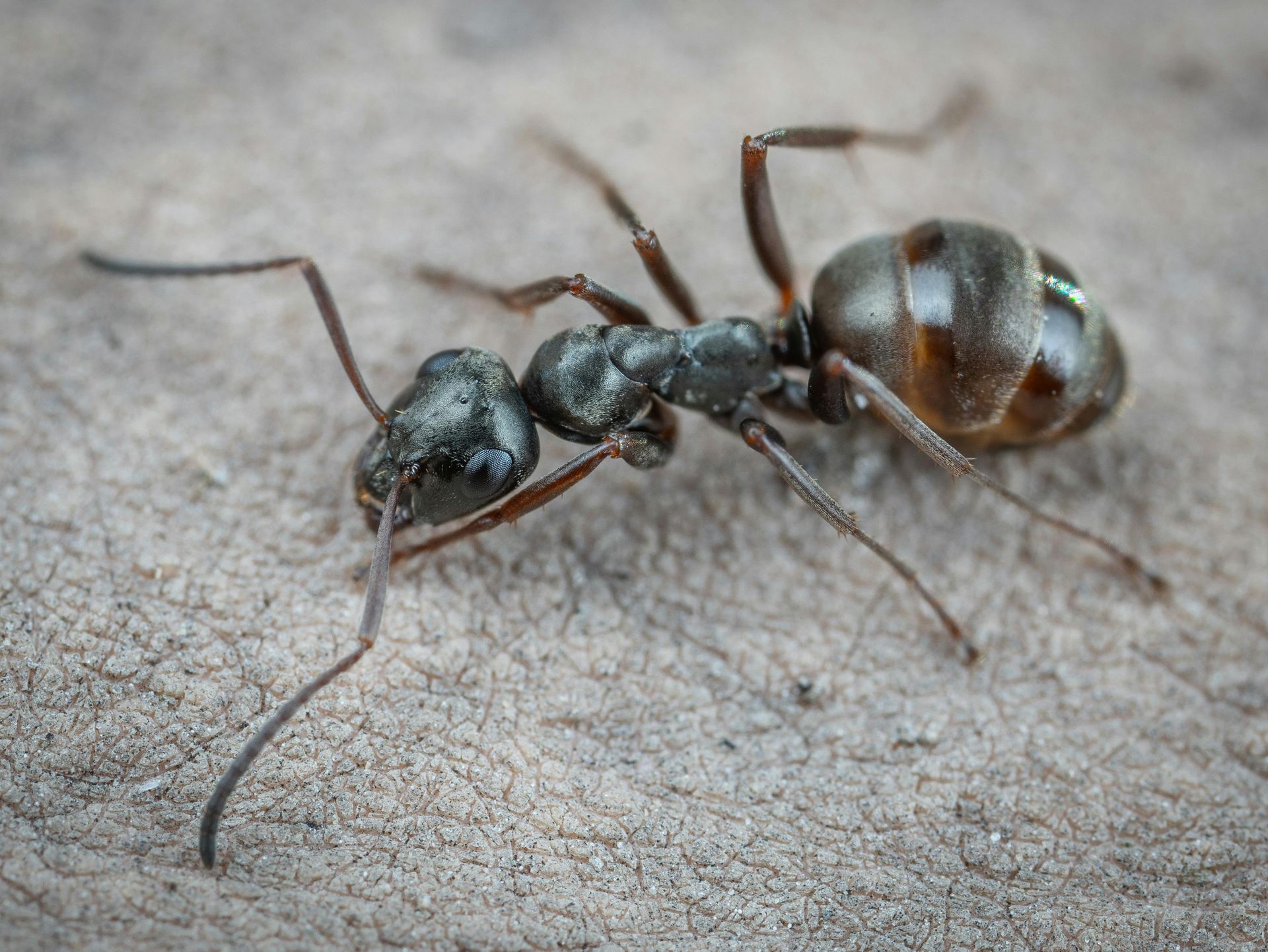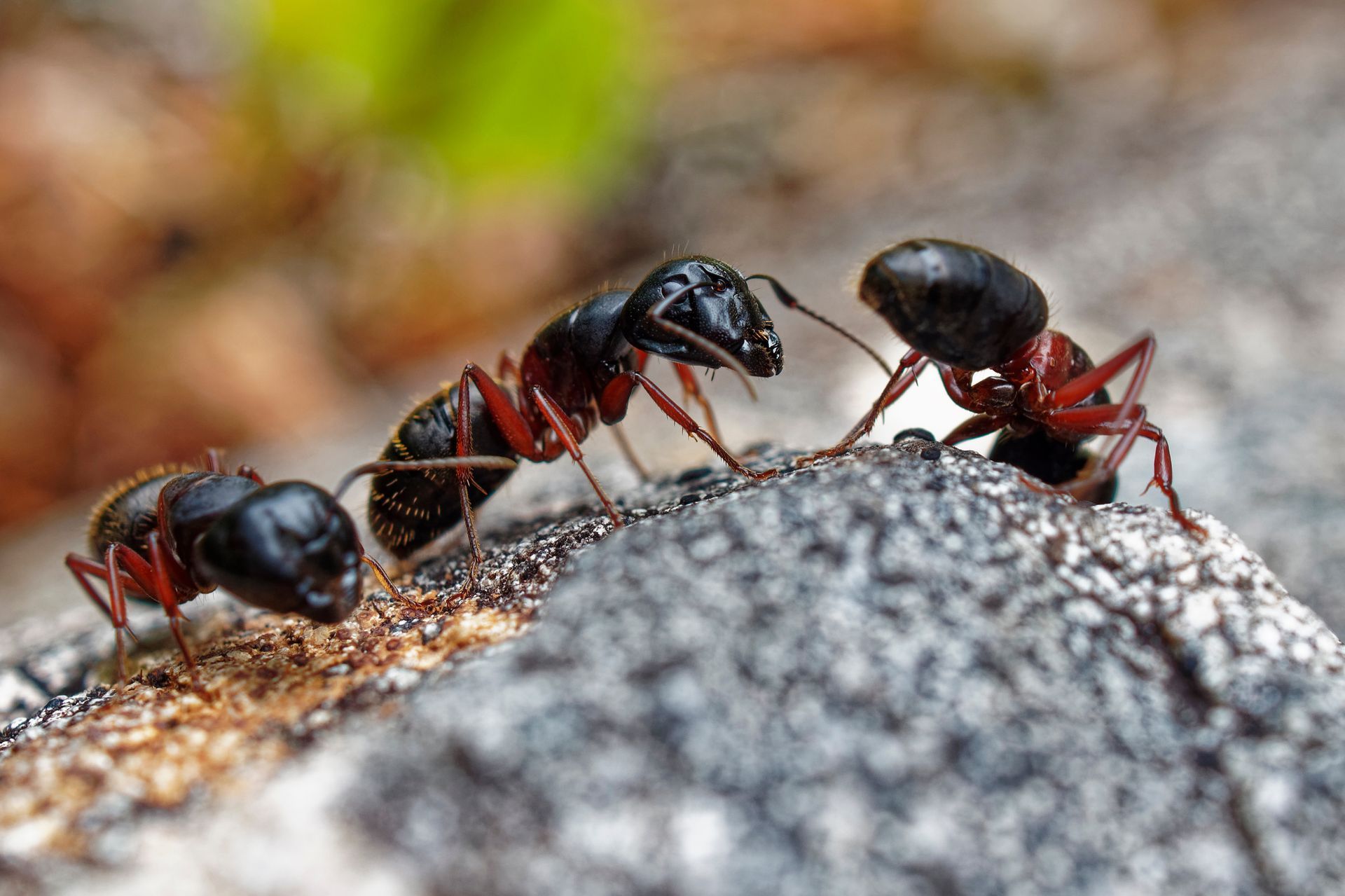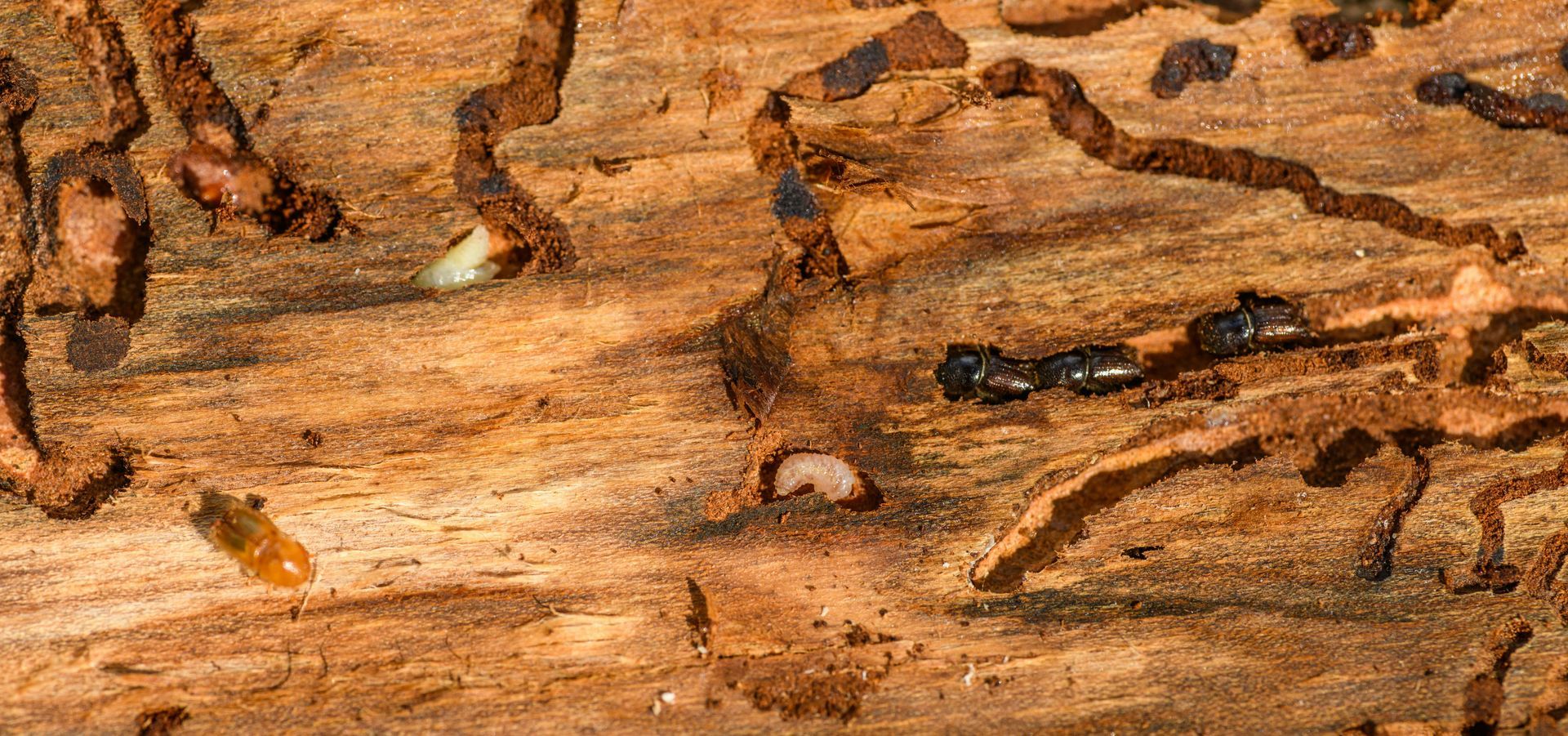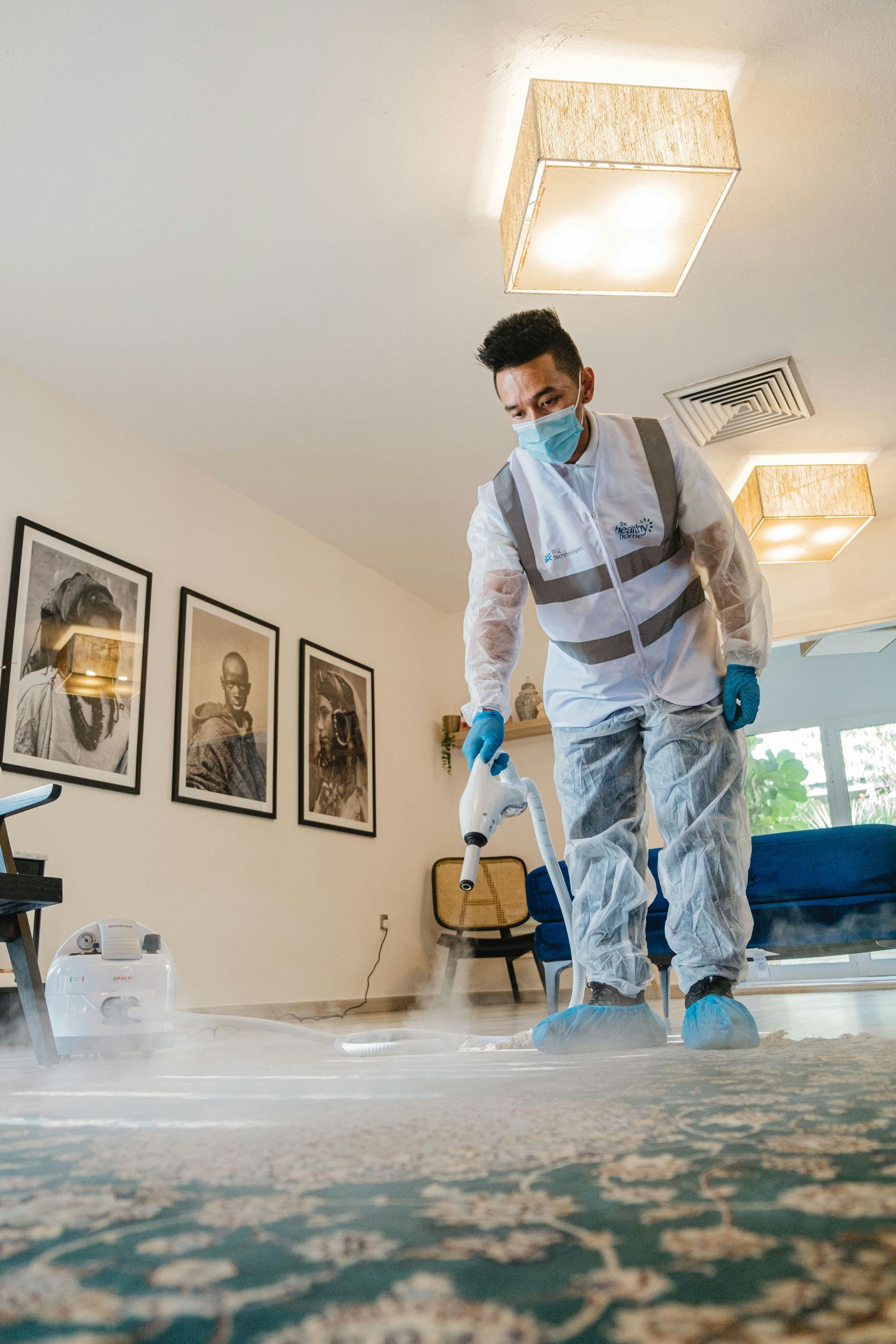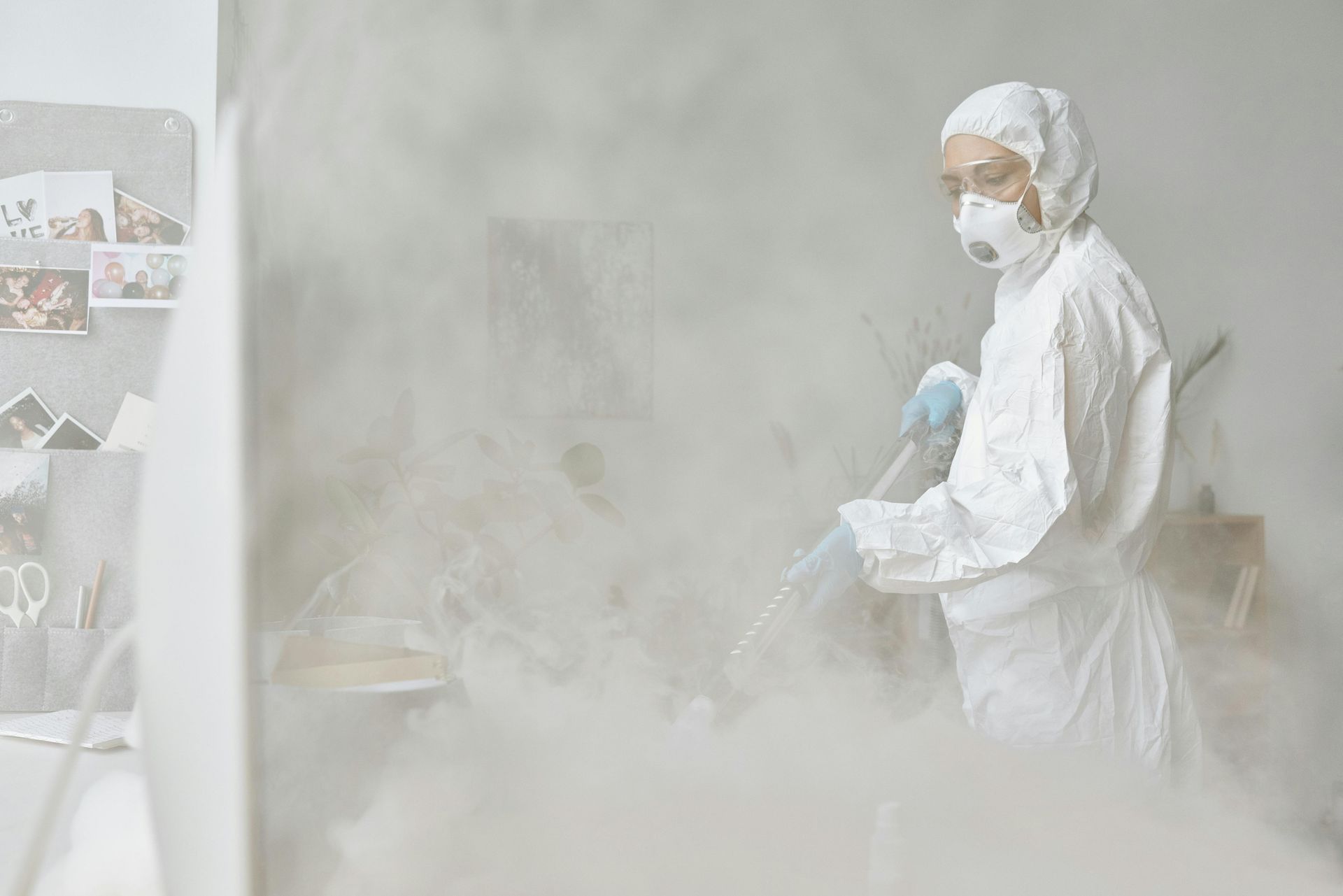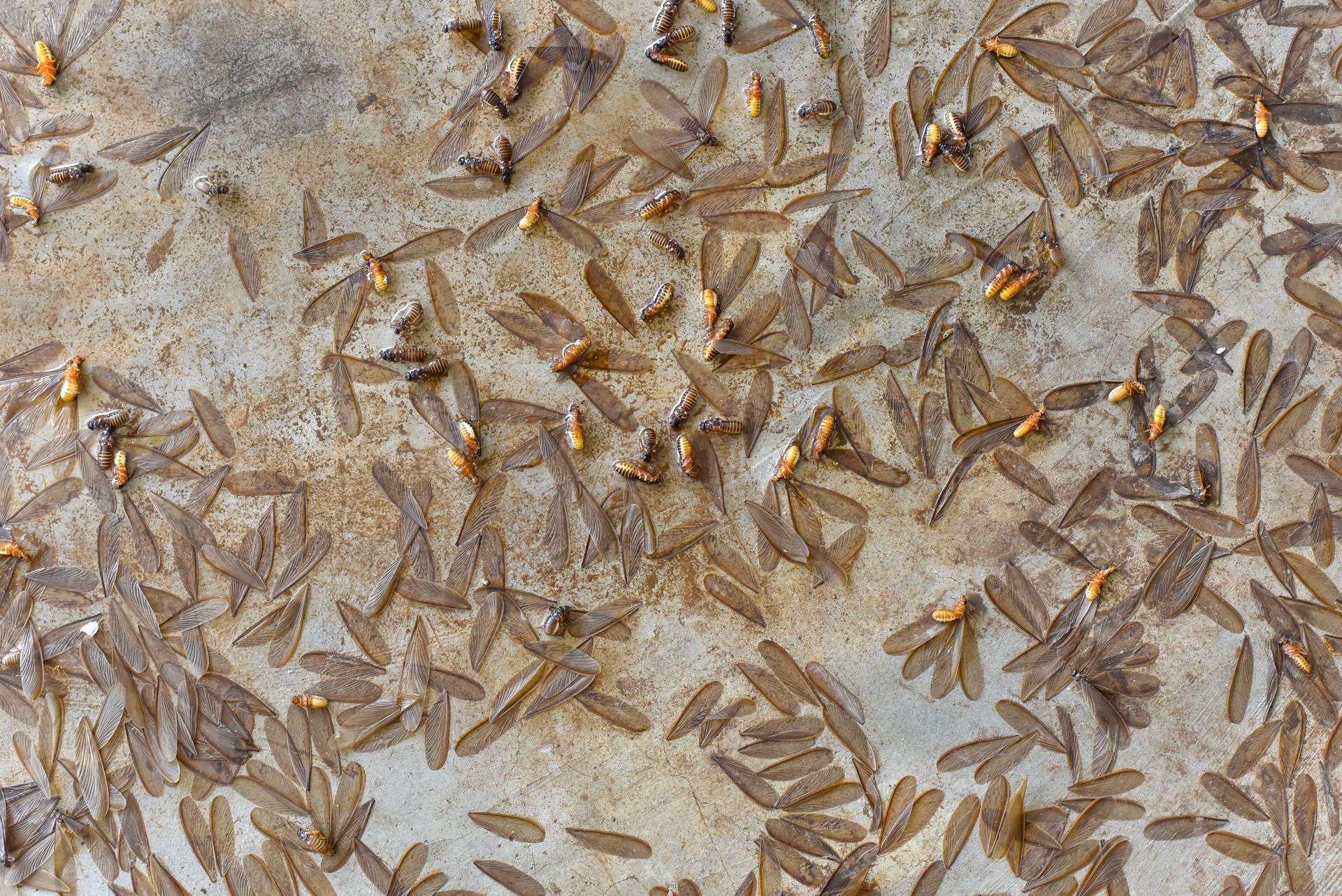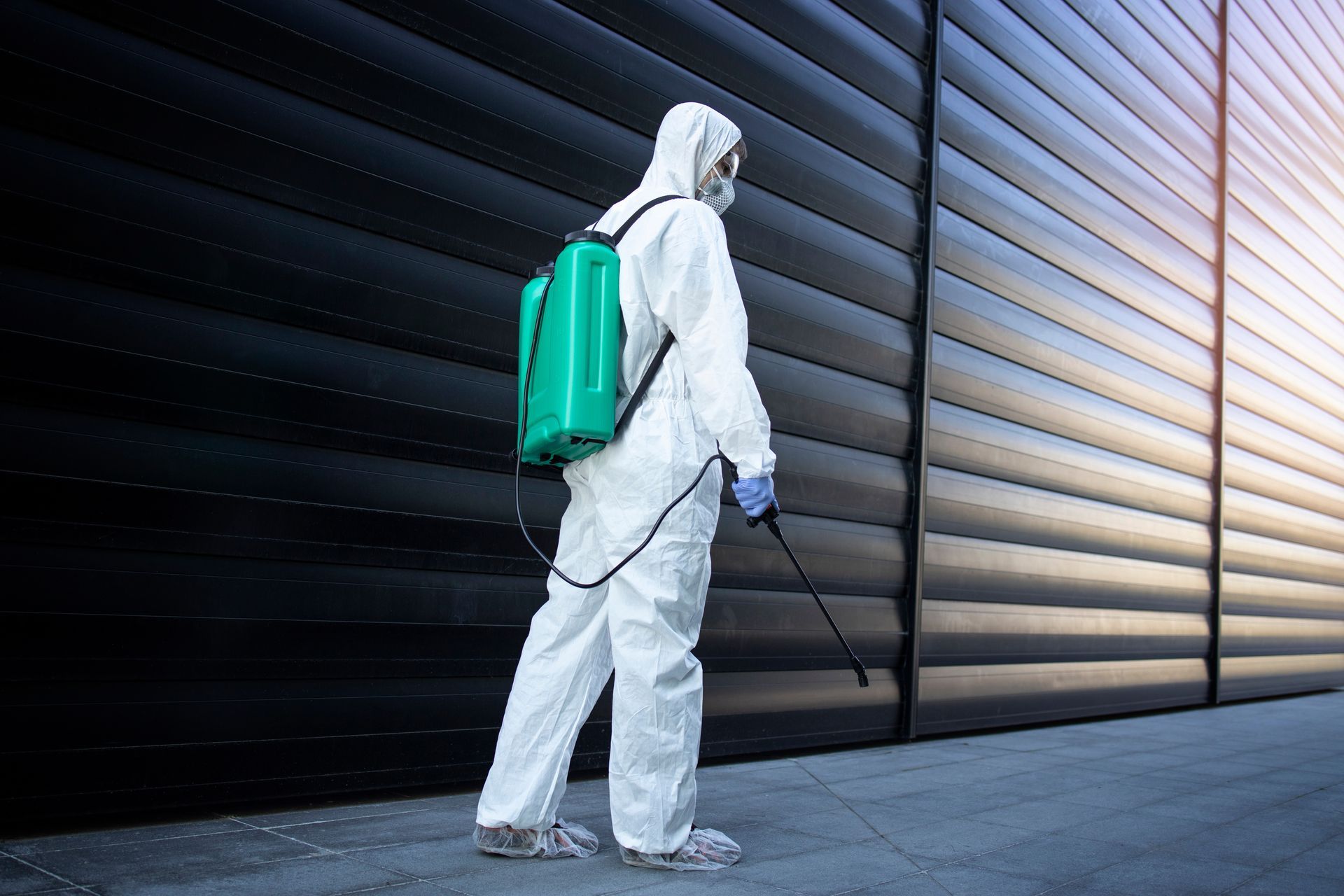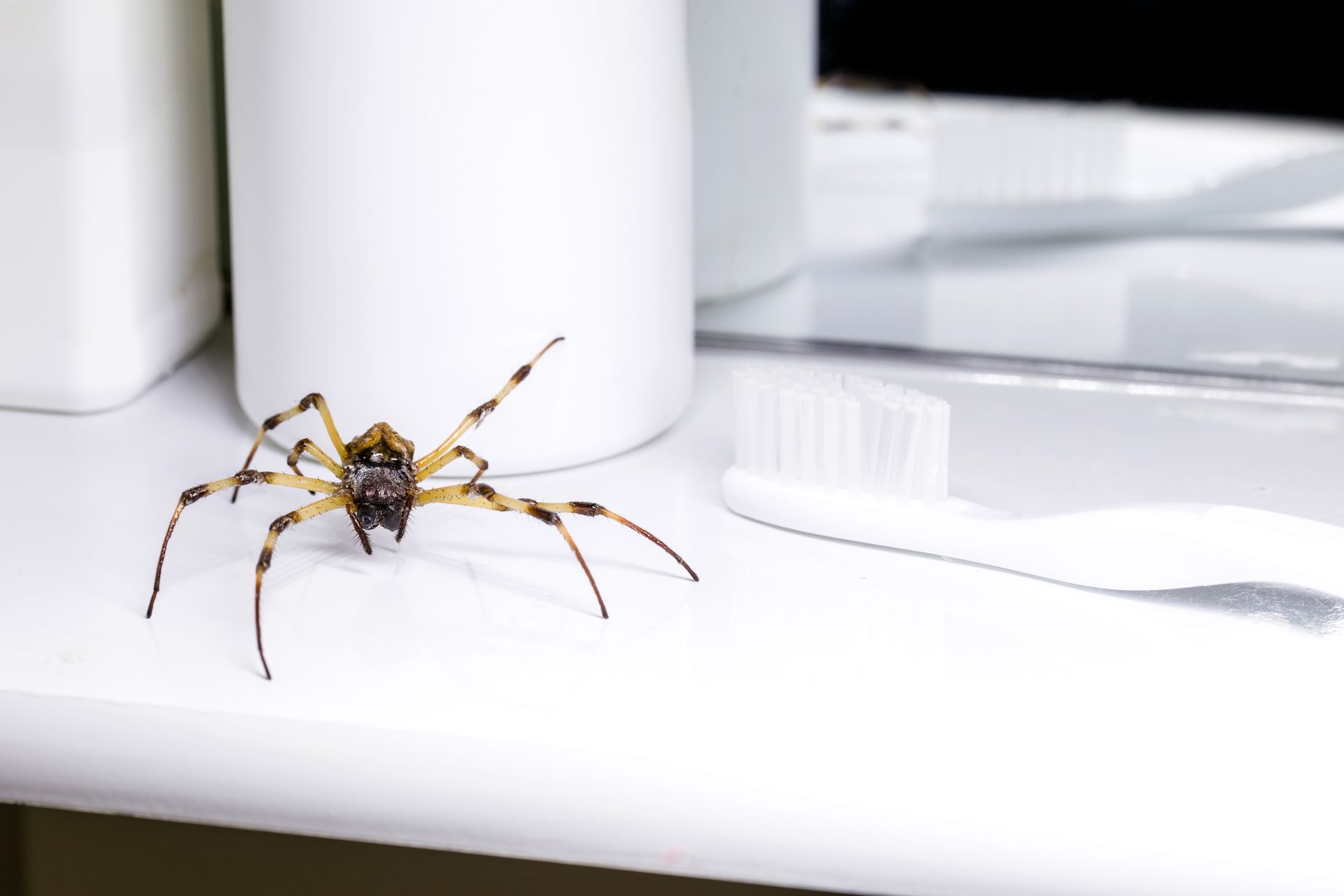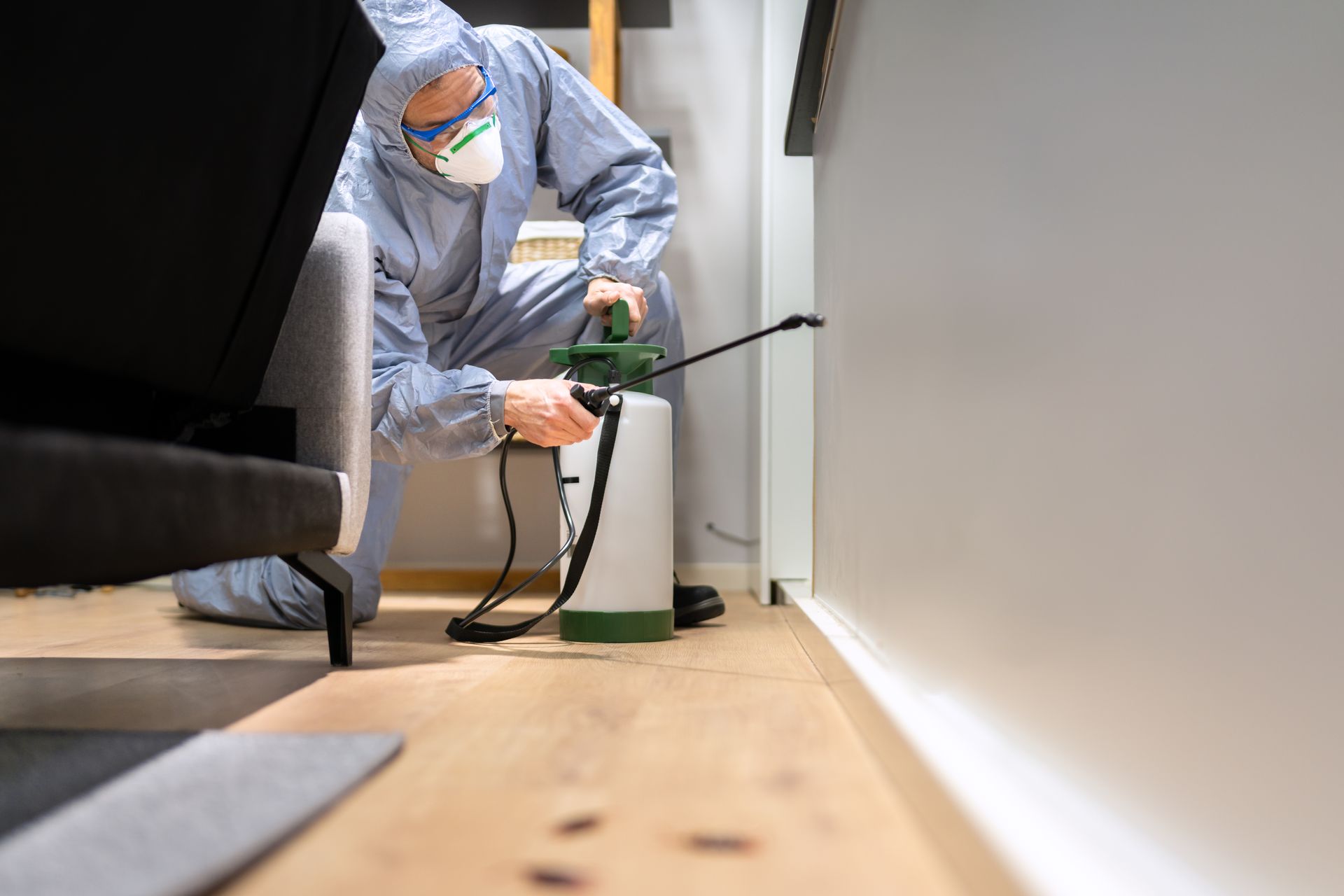Baby Bed Bugs: Identification, Prevention, and Removal Tips
Bed bugs are a nightmare for homeowners and businesses alike, and dealing with an infestation can be overwhelming. While adult bed bugs are troublesome enough, their younger counterparts—baby bed bugs—can be even trickier to detect and eliminate. If you’re struggling with these pests, it’s essential to understand how to identify, prevent, and remove them effectively.
At
No More Pests Control, LLC, we specialize in eradicating bed bugs in Queens, NY, and the surrounding areas. In this guide, we’ll discuss everything you need to know about baby bed bugs, including expert prevention and removal tips.
What Are Baby Bed Bugs?
Baby bed bugs, also known as nymphs, are the immature stages of bed bugs. These pests hatch from eggs and go through five growth stages before becoming full-fledged adults. Nymphs require a blood meal to progress through each stage, making them just as troublesome as adult bed bugs.
Key Characteristics of Baby Bed Bugs:
- Size: About the size of a pinhead (1-4 mm long)
- Color: Transparent or whitish-yellow before feeding, turning reddish-brown after a blood meal
- Shape: Oval and flat, similar to adult bed bugs but much smaller
- Speed: They move quickly, especially when disturbed
Since baby bed bugs are tiny and nearly translucent, they can be hard to spot. However, an infestation may be noticeable through their shed exoskeletons, fecal stains, or bites on your skin.
Signs of a Baby Bed Bug Infestation
Catching an infestation early is critical to preventing it from spreading. Here are some telltale signs that baby bed bugs may be lurking in your home:
1. Bite Marks on Your Skin
Bed bug bites often appear as red, itchy welts, usually in clusters or lines. While not everyone reacts to their bites, those who do may experience irritation and swelling.
2. Blood Stains on Bedding
After feeding, baby bed bugs may leave small bloodstains on your sheets, pillows, and clothing. If you notice these spots, it’s a strong indication of an infestation.
3. Shed Exoskeletons
As nymphs grow, they shed their exoskeletons multiple times. Finding tiny, pale skins near mattress seams, headboards, or furniture is a clear sign of their presence.
4. Musty Odor
Severe infestations produce a musty, sweet smell due to bed bug pheromones. If your home has an unexplained odor, it’s time to inspect for bed bugs.
5. Fecal Stains
Baby bed bugs leave behind dark brown or black droppings, often found along mattress seams, walls, and furniture cracks.
How to Prevent Baby Bed Bugs
Prevention is the best defense against a bed bug infestation. Follow these steps to keep baby bed bugs out of your home:
1. Inspect Secondhand Furniture
Used furniture can harbor bed bugs, especially in cracks and upholstery. Always inspect items thoroughly before bringing them inside.
2. Be Cautious When Traveling
Hotels, public transport, and even airplanes can be hotspots for bed bugs. Keep luggage off the floor, inspect your accommodations, and wash clothes in hot water after returning home.
3. Declutter Your Home
Reducing clutter eliminates hiding spots for bed bugs. Vacuum frequently, especially in bedrooms and living areas.
4. Use Mattress and Box Spring Covers
Encasing your mattress and box spring in bed bug-proof covers prevents bed bugs from taking up residence in your bed.
5. Seal Cracks and Crevices
Bed bugs can hide in tiny gaps around baseboards, furniture, and electrical outlets. Sealing these areas can help prevent infestations.
Effective Baby Bed Bug Removal Tips
If you’ve spotted baby bed bugs, taking immediate action is crucial. Here are some approaches to combat an infestation:
1. Wash and Heat-Treat Infested Items
Wash all bedding, clothing, and fabric in hot water (at least 120°F) and dry them on high heat. Bed bugs cannot survive extreme temperatures.
2. Vacuum Regularly
Use a vacuum with a HEPA filter to remove baby bed bugs, eggs, and shed skins. Immediately seal and discard vacuum bags in a plastic bag.
3. Apply Natural Remedies
A natural powder called diatomaceous earth works by drying out and eliminating bed bugs. Sprinkle it along baseboards, carpets, and cracks where bed bugs hide.
4. Use Bed Bug Sprays
Chemical or natural bed bug sprays can help eliminate baby bed bugs. Always follow the product instructions for best results.
5. Hire Professional Bed Bug Exterminators
DIY methods may not fully eradicate an infestation. A professional pest control company, like No More Pests Control, LLC, can provide effective treatments to eliminate baby bed bugs for good.
The Importance of Professional Bed Bug Extermination
While DIY methods can offer temporary relief, professional pest control services are essential for complete eradication. At No More Pests Control, LLC, we have the expertise and tools to eliminate bed bugs at all life stages, including those elusive baby bed bugs. We understand the unique challenges of bed bug infestations in Queens, NY, and we're committed to providing effective and lasting solutions.
Don't Let Baby Bed Bugs Take Over Your Home! Choose No More Pests Control, LLC!
If baby bed bugs are making your life miserable, don’t wait for the problem to worsen. At No More Pests Control, LLC, we offer expert bed bug extermination services in Queens, NY, using safe and effective methods to eliminate infestations.
Our Services Include:
Call No More Pests Control, LLC today at (347) 901-8143 for a consultation and let us help you reclaim your home from baby bed bugs!
FAQs
How do baby bed bugs differ from adult bed bugs?
Baby bed bugs (nymphs) are smaller, lighter in color, and require blood meals to grow. Adult bed bugs are reddish-brown and more visible.
Can baby bed bugs bite?
Yes, baby bed bugs bite just like adults. They need blood to molt and grow, and their bites can cause redness and itching.
Are baby bed bugs harder to get rid of?
Because they are small and difficult to see, baby bed bugs can be challenging to eliminate. A professional extermination service is the most effective solution.
Do baby bed bugs reproduce?
Not immediately. They must molt several times before reaching adulthood, at which point they can reproduce rapidly.
What should I do if I find baby bed bugs in my home?
Act quickly! Wash fabrics in hot water, vacuum regularly, and contact a professional exterminator like No More Pests Control, LLC for expert removal.
